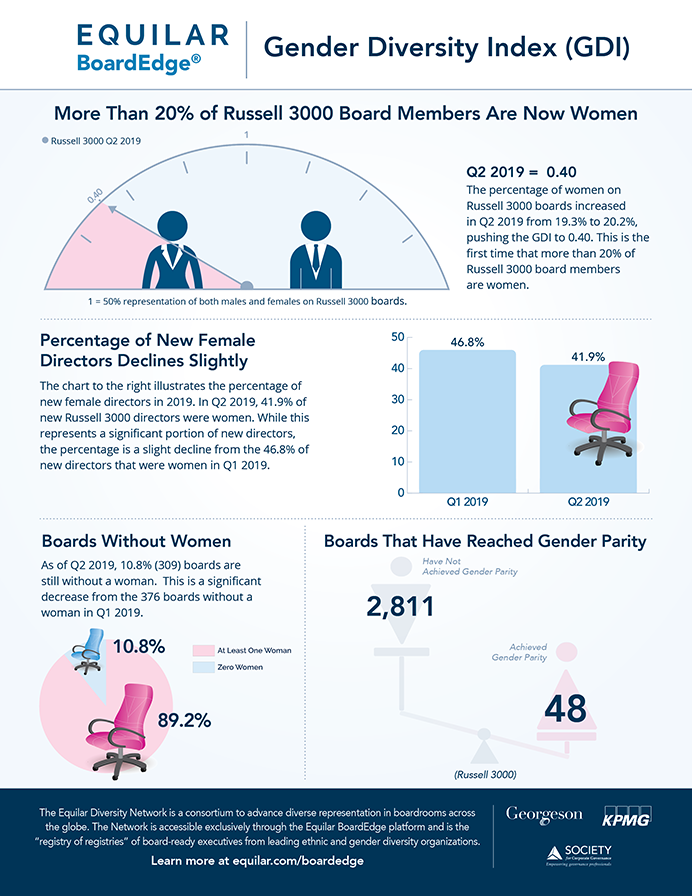Corporate governance continues to be a focus of not just the financial media but the popular media, as well. The scandals at Wells Fargo and Equifax are just the most recent in the long line of scandals involving large well-known public U.S. corporations. Going back in time—the financial crisis of 2008 was triggered by the implosion of the big banks. Further back in time, at the turn of the new millennium, the scandals in Enron, WorldCom, Tyco, and Qwest led to their demise.
After each set of these scandals, policymakers raised questions about the effectiveness of corporate governance mechanisms in these companies. This led to the inevitable call for more regulation and laws to constrain and regulate corporate behavior, to wit, the Sarbanes Oxley Act of 2002 and the Dodd-Frank Act of 2010. Have these two rather extensive set of laws addressed the governance concerns of corporate America? The recent Wells Fargo and Equifax episodes would suggest otherwise; these are particularly noteworthy because they are both in finance industries, which Dodd-Frank 2010 was explicitly designed to address. We think a more fruitful approach to addressing the corporate governance concerns is to focus on possible common themes underpinning the Enron, WorldCom, Tyco, Qwest, the big banks circa 2008, Wells Fargo, and Equifax scandals. We propose, on the basis of our more recent research, that misaligned CEO incentive compensation is a common theme underpinning the above corporate scandals.
READ MORE »
